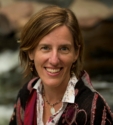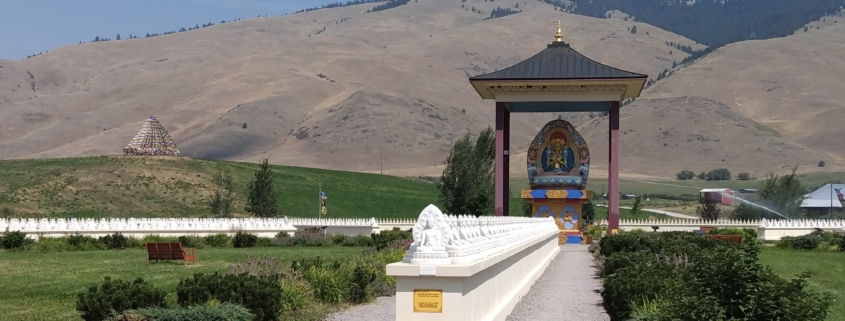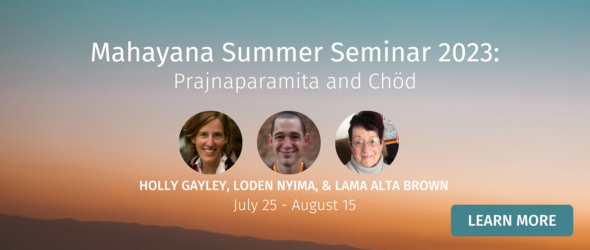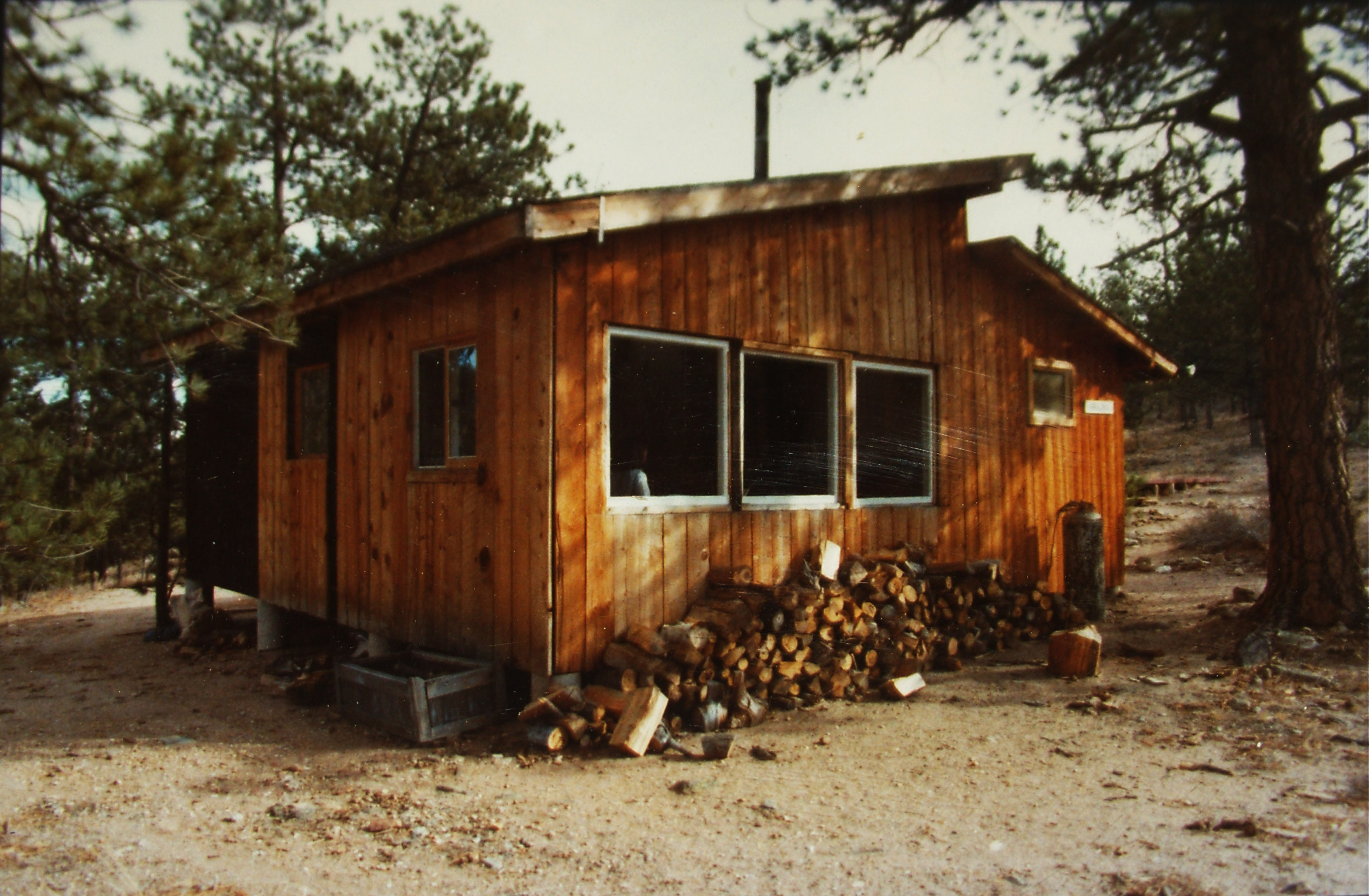Prajna and Paradox
By Holly Gayley
The use of paradox and the language of negation in the Prajnaparamita (Perfection of Wisdom) literature is well known, but how do we navigate the paradoxes in our own life and path? Each of us has gifts to offer the world through which our buddha nature can shine, yet our shadow and untended wounds sometimes prevent us from acting in accord with our deepest held values. This talk delves into the practical applications of the Mahayana teachings on prajna/wisdom, which can help us to hold paradox and polarities in a transformative way. No longer giving into polarization, mired in binary thinking, we can open to the in-between space where seeming opposites can be resolved and healing can occur.
Here is a recording of an online talk on “Prajna and Paradox” that I gave on May 21 for Natural Dharma Fellowship. It begins with a “Heaven, Earth and Humanity Acknowledgement” that I developed to allow us to acknowledge the wisdom and confusion, benefit and harm, brilliance and shadow, that co-exist within each of us and in relation to the land on which we live (earth), the lineage within which we practice (heaven or sky), and the communities we belong to or have left (humanity). This acknowledgement is one method of several in the talk that demonstrates how to hold paradox. I have been leading this practice for the last several years before teachings or practice sessions and vary it according to context. A basic script below is available for anyone to use or adapt.
“Prajna and Paradox,” talk for Natural Dharma Fellowship, May 21, 2023
Heaven, Earth and Humanity Acknowledgement
Begin by asking those present to state their name, preferred pronounces, where they are from as the place is commonly referred to today and, for those in America or Australia, the Indigenous peoples whose traditional territory it is. For an online gatherings, have participants put this in the chat. I am writing from the mountains outside of Boulder, Colorado, so I will insert the Arapahoe, Cheyenne, and Ute here.
This is a contemplation. Be sure to pause for at least 10 seconds at each line break.
Earth
This land is the unceded territory of the Arapahoe, Cheyenne, and Ute nations. We honor the civilizations that have inhibited this place and the wisdom with which they stewarded the land.
And we acknowledge the violence of our settler colonial history, and the ongoing social injustices that continue as a legacy of the past.
At the same time, we as humans belong to this earth. We have a visceral connection to all forms of life, animal and plant.
Letting ourselves land—on our spot, holding both of these truths.
Heaven
We call on our lineages, ancestral and spiritual, drawing down wisdom and strength. We invite into our circle any and all, past or present, who have inspired us by how they have lived their lives.
And we acknowledge that our lineages bring with them unresolved trauma across the generations, that we can help to heal if and when we so chose.
Letting ourselves be open—to sky above, holding both of these truths.
Humanity
We honor our basic goodness, the buddha within. And recognize that each of us gathered here has unique gifts to offer the world. Let’s aspire to create a welcoming and inclusive space for all.
And we acknowledge that anyone can make mistakes, act against their most deeply cherished values, and cause harm, intentionally or unintentionally.
We include in our circle of care those who have left communities because of harm, especially survivors. And we commit to addressing any microagressions that may occur in this container.
Letting ourselves connect—in this circle, holding both of these truths.
Join Holly this summer at DMC!
About Holly Gayley




